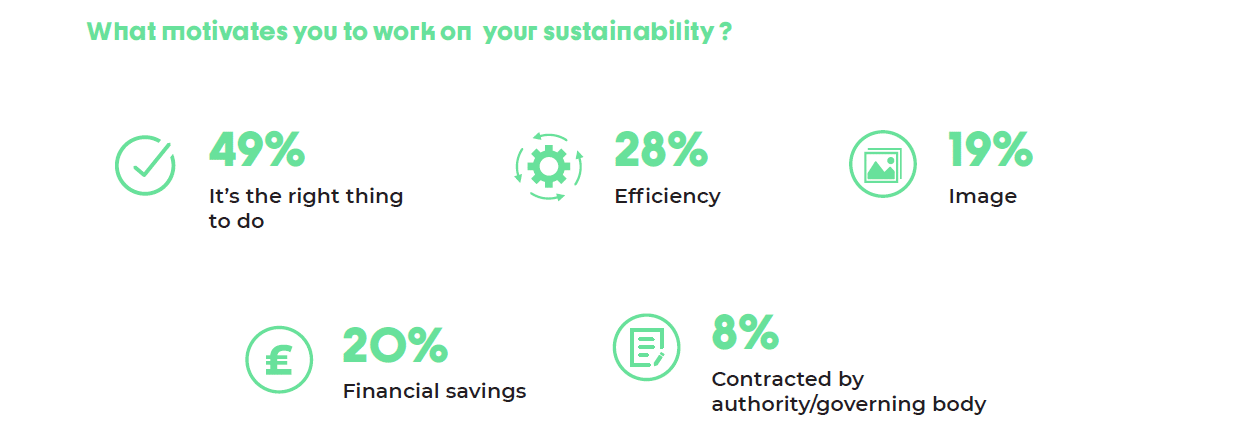As promised, 2022 will be, in addition to the year of the Euro’Meet, the year of the promotion of actions and projects implemented by the members of our network. Particularly committed to the issues of sport and sustainable development, it is Surfrider Foundation Europe which is now under the spotlight of ENOS. And for good reason! The Green Sport Hub Europe coalition, which it has been leading since February 2021, has just published an eloquent report on the sustainable commitment of the European sports sector.
The GSHE, a program led by Surfrider Foundation Europe
Launched just one year ago with the idea of sustainably transforming the European sport sector and thus making the Green Deal a reality, Green Sport Hub Europe (GSHE) has become a true support platform for sport organizations willing to adopt good environmental practices. Led by the ocean protection NGO, Surfrider Foundation Europe (SFE) – and including organizations such as UK active, Olympic Comittee of Slovenia or Green Cycling Norway -, it seeks to identify the needs and concrete actions of the sector in terms of sustainable development. In this way, it aims to contribute to a better sharing of knowledge on this subject between the various European entities.
“Sustainability in European sport, leisure and fitness organisations”: a first revealing report
Funded by Erasmus + for three years, it seemed essential that the GSHE program either develops from a solid base. In this context, the realization of a first survey involving more than 300 sports organizations – professional sports clubs, governmental entities, educational institutes, media, etc. – from 45 different European countries, was an important step. It has helped shape the future direction of the platform.

This survey, which is included in the report “Sustainability in European sport, leisure and fitness organisations”, allows us to understand the importance given to sustainability by European sports organisations. Thus, beyond identifying the sustainability measures that they are likely to follow or implement, this work also takes into account the potential barriers to the implementation of greener actions. It therefore allows us to examine in greater depth how these barriers could be overcome in order for the European sports sector to take the path of sustainability.
Detailed results
Published last week, the report reveals that while 60% of the responding organizations consider sustainability to be a very important concept, many of them recognize that their motivation to implement it may be impaired by the cost and time involved. Thus, although some policy measures have enabled the adoption of sustainable processes in several organizations (better waste management, awareness raising events, etc.), these could be further encouraged by a lower price but also by a wider dissemination of knowledge in Europe. If this last issue is the main objective of the GHSE, it is also one of the missions of ENOS which tries to disseminate knowledge and good practices in sport and sustainable development within its network. It was the case on February 7 and 8, when Mike McClure, President of ENOS spoke at the conference “Sport and Sustainable Development Goals in Childhood: Societal Challenges of Adapted Sport Practice” organized at UNESCO headquarters.

